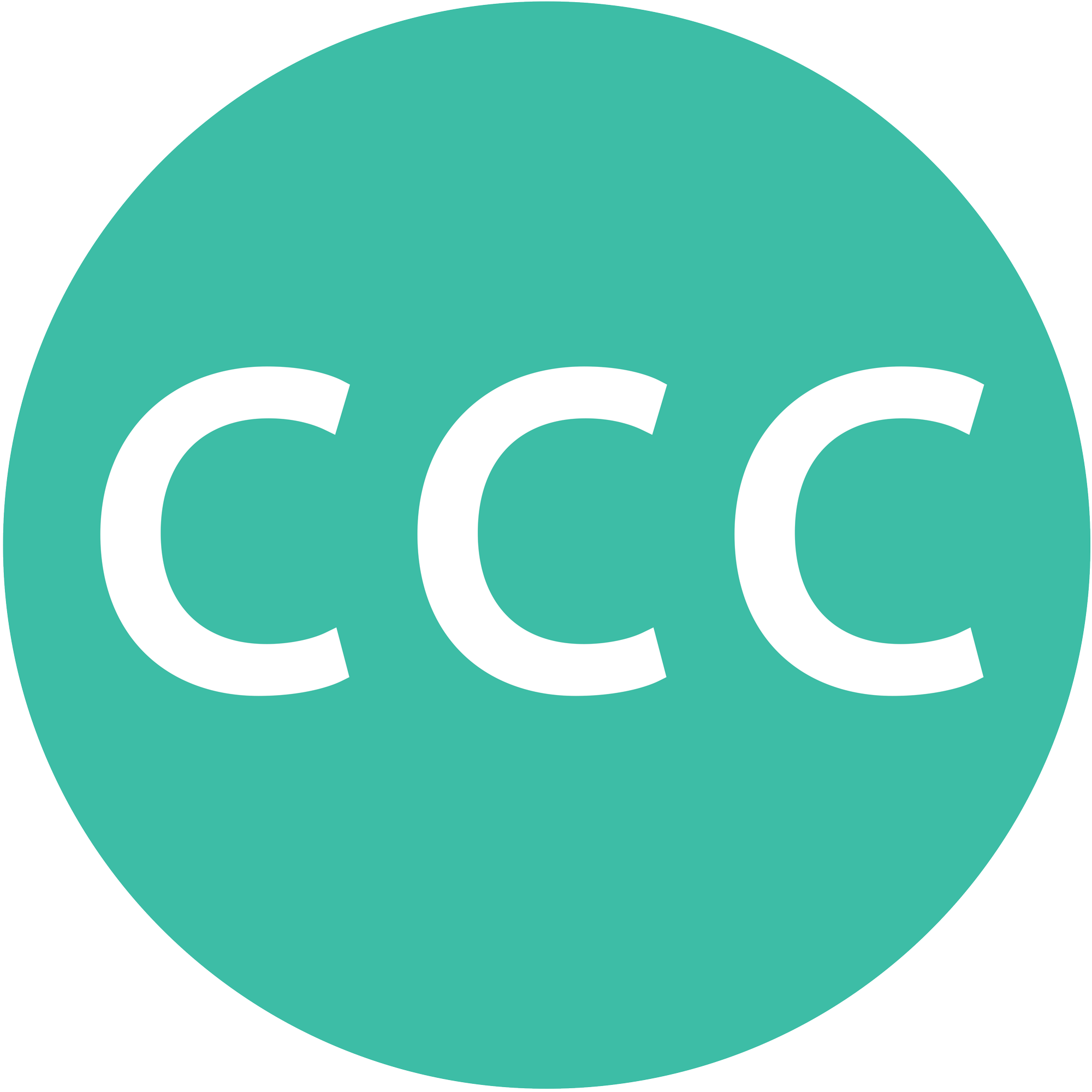I recently came across an outstanding critique of billionaires by Professor Mehrsa Baradaran in a debate before the Oxford Union (“It Is Immoral To Be a Billionaire”), at which she manages to articulate her case in the affirmative in just nine minutes. I also found interesting the counter-argument by the always-impressive Peter Singer, who based his defense of billionaires on a technicality and on the grounds that a handful of them (less than 1% of billionaires) were charitably inclined. Why only a handful? How charitably inclined?
Which brings me to the Giving Pledge, created by Bill and Melinda Gates and Warren Buffett and publicly announced on August 4, 2010, exactly ten years ago today. Happy Birthday, Giving Pledge. The founders should be applauded for encouraging their peers to be more philanthropic. But it’s not easy being a Pledger, and here are just three of the reasons why.
As you probably know, the CCC is loosely based on the Giving Pledge, with one major difference: CCC Sigs are actually giving money away now, in 2020, at meaningful levels and in response to the COVID crisis. Pledgers, on the other hand, commit to giving half their wealth away for charity either during their lifetimes or at death (which for some of the youngsters on the list could be quite a few years down the road).
Therein lies the first major hurdle for billionaires – half of what?! Mark Zuckerberg signed the pledge early on when he was worth $7 billion. Was he agreeing to give away $3.5 billion? Or are we looking at half of the $86 billion he has today? Of course, if he had given the $3.5 billion ten years ago, he’d only be worth $43 billion today, which is the kind of hardship that might give Pledgers pause.
The release of the IPS Inequality Briefing Paper, “Gilded Giving 2020,” brings the Giving Pledge into sharp focus. The really striking fact in the report is that the 100 living U.S. Pledgers who were billionaires when the pandemic began have seen their net worth grow by more than $200 billion!That’s worth repeating: 100 billionaires have “earned” $200 billion since the pandemic began.
Which points to the second, but related, major hurdle for Pledgers. As Bill Gates jokingly says, he cannot (does not?) give away his money fast enough: his net worth was $53 billion when he launched the Giving Pledge, now it’s more than twice that. Even if he gives 10% every year to charity, he will still be embarrassed by how much money he has when the estate tax man comes knocking.
Excluding the propensity to hoard money in private foundations or donor advised funds, the third challenge for Pledgers is the difficulty in giving away billions of dollars, unless of course one wanted to provide safe drinking water to the 50 million Americans who don’t have it, or provide free universal early childhood education or daycare, or some such thing. Short of that, Pledger MacKenzie Scott provides some welcome guidance to fellow club members. Although she hasn’t yet met the CCC charitable standard based on her current net worth, the $1.7 billion she has given away sets a new benchmark not only for the speed in which she did it, but how and to where she gave her money (not to mention highlighting the stark contrast to the charitably-cold heart of her ex-husband, Jeff Bezos). Her statement about her giving is definitely worth a read.
No billionaires or billionaire foundations have as yet made the commitment, but we know they are out there, ready to commit. By doing so they can address all three of the challenges Pledgers face: the minimum amount to give is determined by the CCC; giving at CCC levels jump-starts meeting their Giving Pledge commitment; and if there really is a problem deciding where or how to give it (hard to believe, given the crisis we’re facing), in the coming weeks we’ll officially publish loads of suggestions. In the meantime, think: hardships caused by the pandemic, upcoming election, and racial justice, all of which are linked and desperately in need of charitable dollars to support the nonprofit organizations addressing these issues.
